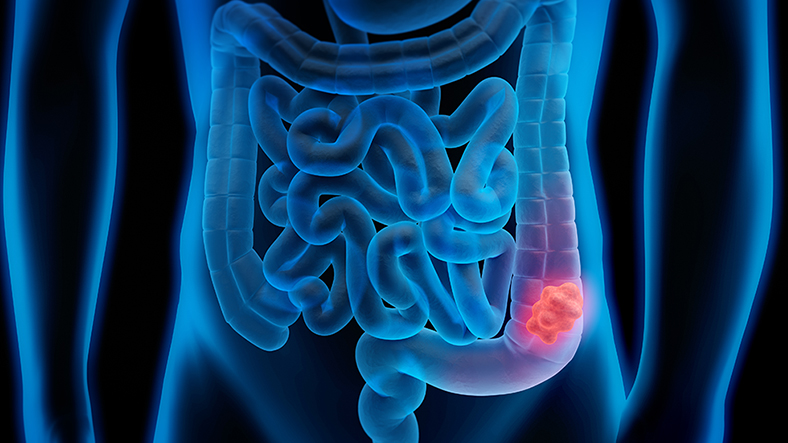These days, almost every food item we buy from grocery stores, restaurants or any store contains synthetic food coloring. Do you know how much this affects your health? If you don’t know, let’s take you like this.
Almost all of us consume a product containing synthetic food coloring during the day. We are not guilty of this either, because 80% of the products we buy from grocery stores, markets, restaurants or various stores contain synthetic food coloring.
So what is synthetic food coloring? How does it endanger human health and what should we do to protect it? We have explained this issue at length for you. Let’s take a look together.
What are synthetic food dyes?
The food industry uses synthetic dyes to make food look better. The first food dyes were made from coal tar in the late 1800s. Today, they are synthesized from naphthalene, a petroleum-derived chemical called azo dye.
Food manufacturers prefer synthetic dyes over natural dyes such as beet pulp because they are cheaper, brighter and longer lasting. Although manufacturers have developed hundreds of synthetic food dyes over the past century, most of them are toxic. Only nine are approved for use in food under US Food and Drug Administration policy, and far fewer pass European Union regulations.
Synthetic food dyes and cancer

Although none of the US Food and Drug Administration-approved synthetic food dyes are classified as carcinogenic, they do pose a health risk as a result of current research. For example, bacteria in your gut can break down synthetic dyes into molecules known to cause cancer.
More research is needed on how the microbiome interacts with synthetic food coloring and potential cancer risk. Studies also show that artificial food dyes can bind to DNA and proteins inside cells. There is also some evidence that synthetic dyes can stimulate the body’s inflammatory mechanism. Both of these mechanisms can pose problems for colon and rectal health.
How can you reduce your risk of colon cancer?

Food dyed products consumed in small sizes do not cause colon cancer. But a long-term eating habit of processed foods can be dangerous. While more research is needed on the link between synthetic food dyes and cancer, there are a few steps you can take to reduce your risk of colon cancer.
RELATED NEWS
‘Denisovans’ Relatives of Modern Humans May Have Lived on the Tibetan Plateau Long Before Homo Sapiens
The best way to do this is to have colon cancer screening. Another way is to increase your physical activity, that is, to do sports. Finally, you can adopt a healthy eating habit with more whole grains and products, less alcohol, and red and processed meats. If you take these steps, your large intestine will thank you in the future 🙂
Source :
https://www.sciencealert.com/just-how-much-of-a-risk-do-synthetic-food-dyes-pose-to-your-health-a-researcher-weighs-in
